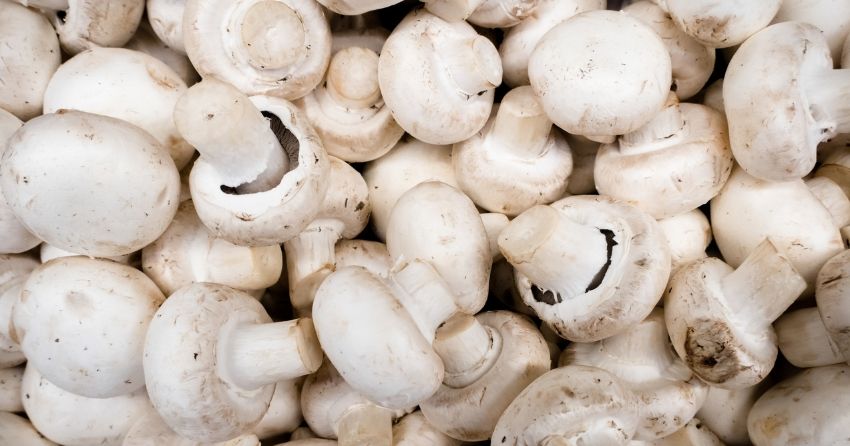Eating Mushrooms May Help Lower Prostate Cancer Risk

A new study published in the International Journal of Cancer found an inverse relationship between mushroom consumption and the development of prostate cancer among middle-aged and elderly Japanese men, suggesting that regular mushroom intake might help to prevent prostate cancer.
A total of 36,499 men, aged 40 to 79 years who participated in the Miyagi Cohort Study in 1990 and in the Ohsaki Cohort Study in 1994 were followed for a median of 13.2 years. During follow-up, 3.3% of participants developed prostate cancer. Compared with mushroom consumption of less than once per week, consumption once or twice a week was associated with an 8% lower risk of prostate cancer and consumption three or more times per week was associated with a 17% lower risk.
"Since information on mushroom species was not collected, it is difficult to know which specific mushroom(s) contributed to our findings. Also, the mechanism of the beneficial effects of mushrooms on prostate cancer remains uncertain," said lead author Shu Zhang, PhD, of the Tohoku University School of Public Health, in Japan.
This article was first published on EurekAlert.org
In vivo and in vitro evidence has shown that mushrooms have the potential to prevent prostate cancer. However, the relationship between mushroom consumption and incident prostate cancer in humans has never been investigated. In the present study, a total of 36,499 men, aged 40–79 years, who participated in the Miyagi Cohort Study in 1990 and in the Ohsaki Cohort Study in 1994 were followed for a median of 13.2 years. Data on mushroom consumption (categorized as <1, 1–2 and ≥3 times/week) was collected using a validated food frequency questionnaire. Cox proportional hazards regression analysis was used to estimate multivariate hazard ratios (HRs) and 95% confidence intervals (CIs) for prostate cancer incidence. During 574,397 person‐years of follow‐up, 1,204 (3.3%) cases of prostate cancer were identified. Compared to participants with mushroom consumption <1 time/week, frequent mushroom intake was associated with a decreased risk of prostate cancer (1–2 times/week: HRs [95% CIs] = 0.92 [0.81, 1.05]; ≥3 times/week: HRs [95% CIs] = 0.83 [0.70, 0.98]; p‐trend = 0.023). This inverse relationship was especially obvious among participants aged ≥50 years and did not differ by clinical stage of cancer and intake of vegetables, fruit, meat and dairy products. The present study showed an inverse relationship between mushroom consumption and incident prostate cancer among middle‐aged and elderly Japanese men, suggesting that habitual mushroom intake might help to prevent prostate cancer.
This study was published in the International Journal of Cancer on September 5, 2019







